*Sponsored content from British Sugar TOPSOIL
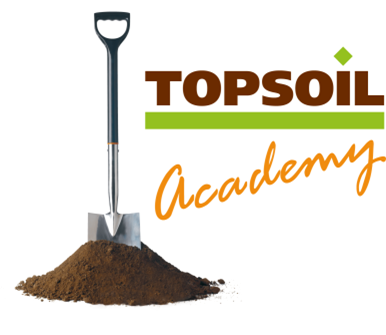
1 February 2022 saw the launch of TOPSOIL Academy, a free-to-access learning resource on all things ‘soil’ from British Sugar TOPSOIL.
Because we go above and beyond with our product testing and analysis, we wanted to share the information with you. You can visit TOPSOIL Academy and read or download technical documents, independent trials reports, current testing and analysis data, soil health and fertility microbiology, and carbon audit monitoring data.
There are presentations, videos, booklets on topsoil and topdressing products, and a wealth of information to help you specify, order, store, manage and work with soils. This comprehensive resource is added to regularly and contains everything you need to know, whether you’re a foreman, site manager, quantity surveyor, environmental consultant, or just starting out on your construction career.
And to celebrate the launch of TOPSOIL Academy, British Sugar TOPSOIL is giving someone working in the building and land-based sector the chance to secure the British Sugar TOPSOIL Training Bursary 2022 - £500 worth of accredited industry training to help them build their career. You can find all the details, including eligibility criteria and how to apply, by visiting TOPSOIL Academy. Applications close on 29 April 2022 so don’t delay.
What is there to know about soil?
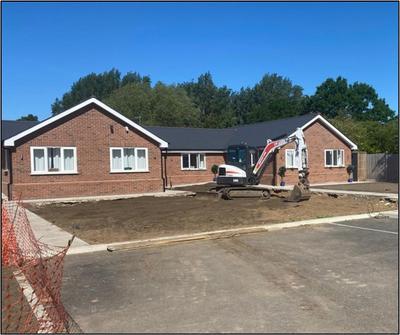
Well, for a start, it’s the only building material you’re likely to use that is living, literally teeming with life, and a healthy, breathing soil means that the landscape it supports – the gardens of a new build home, or the grounds of a school – will thrive and do the bricks and mortar justice.
Soil is also used and abused – it becomes depleted of nutrients through intensive farming practices, contaminated through industrial processes, and eroded through deforestation. All in all it gets a hard time and we still expect it to perform, without necessarily knowing where it’s been, what it contains, or how it’s been treated and stored.
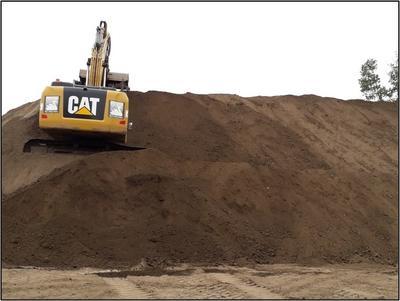
Builders can avoid the pitfalls of working with poor soils by understanding the product they’re using, by handling in-situ soils properly on site, and, when they need to have soil delivered, by obtaining it from reputable suppliers who only use soils from sustainable sources that have been tested and analysed so you know what you’re getting and it meets the spec. A Site Manager’s Guide to Topsoil gives you valuable tips on working with soils and a useful checklist of what to ask your topsoil supplier and the testing certificates and documentation you should be given pertaining to each delivery.
Does it matter where soil comes from?
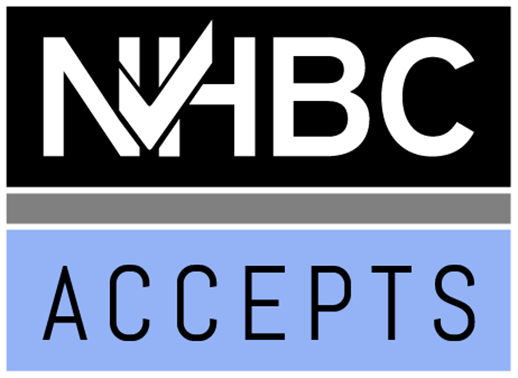
Yes, it does. And it matters because your clients need to know. The NHBC Accepts initiative, which reviews building products and systems against NHBC Standards, is a sure-fire way of using safe, tried and tested products and materials, and that includes British Sugar’s topsoil products. In fact, British Sugar TOPSOIL is the first, and so far only, topsoil supplier to have achieved NHBC Accepts accreditation for its sustainable soil products – BS3882:2015-compliant Landscape20 topsoil, and BS8601:2013-compliant SubSoil.
We have been working alongside the NHBC for several years, doing soil workshops and webinars and hosting visits to our East Anglia topsoil facility at Wissington for NHBC professionals and educators. We continue to inform and educate those working in the construction and land-based sectors through the TOPSOIL Academy.
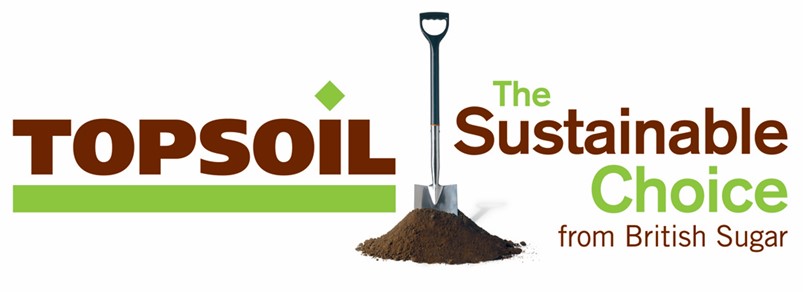
You can see how British Sugar produces its topsoil by watching a short video and find out more about our topsoil products on our website.
*Disclaimer: This blog post is sponsored content, which is independent of the FMB. Publication does not constitute endorsement or recommendation from the FMB.






